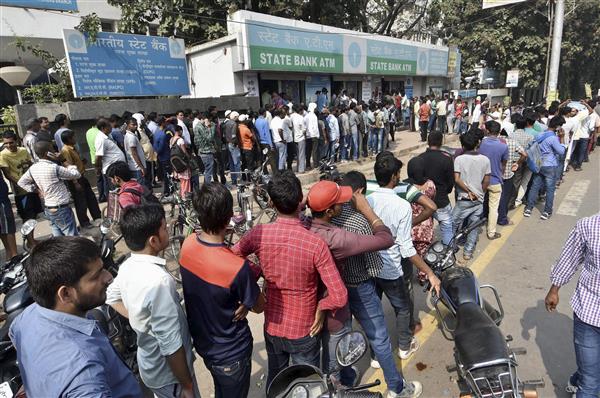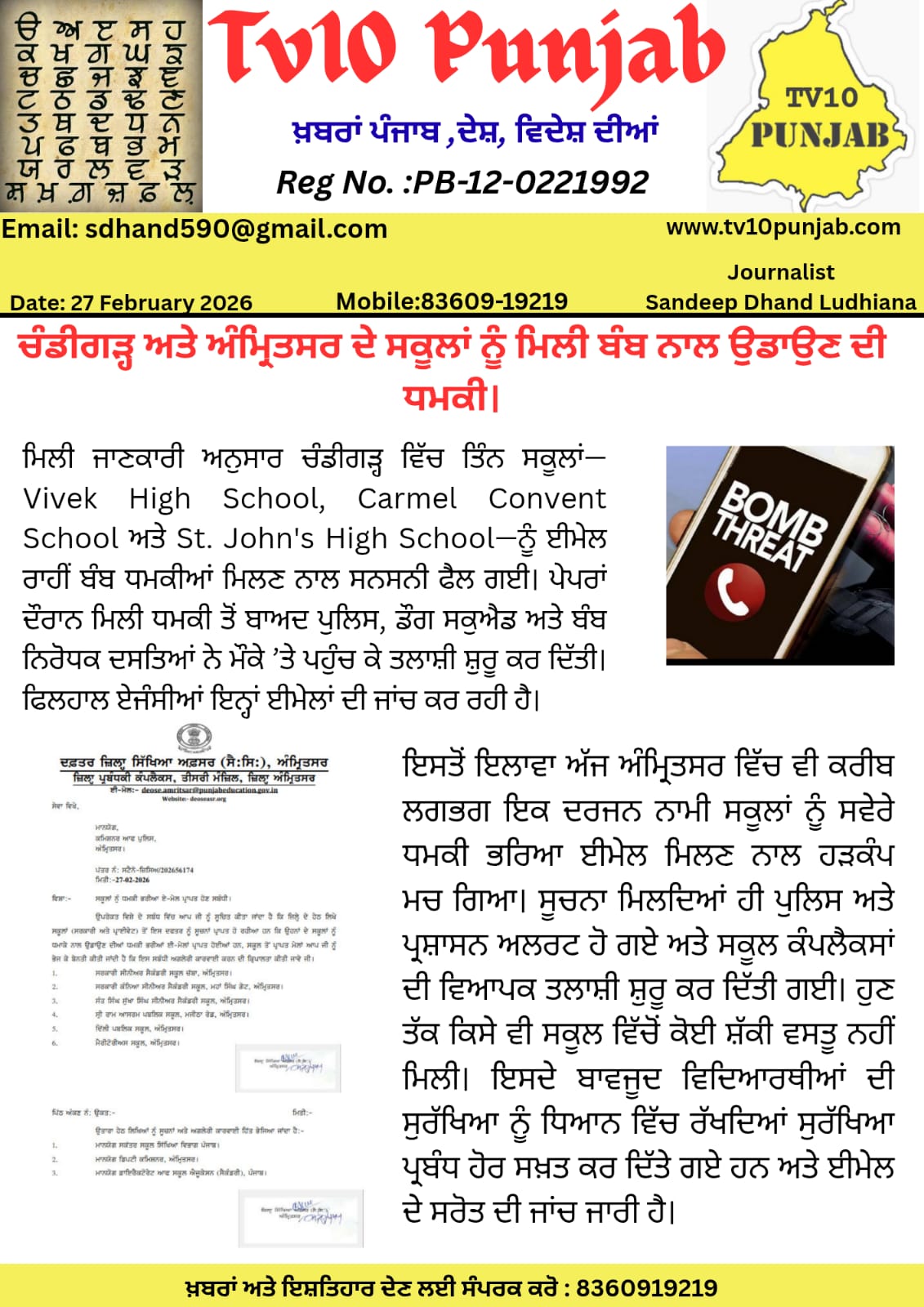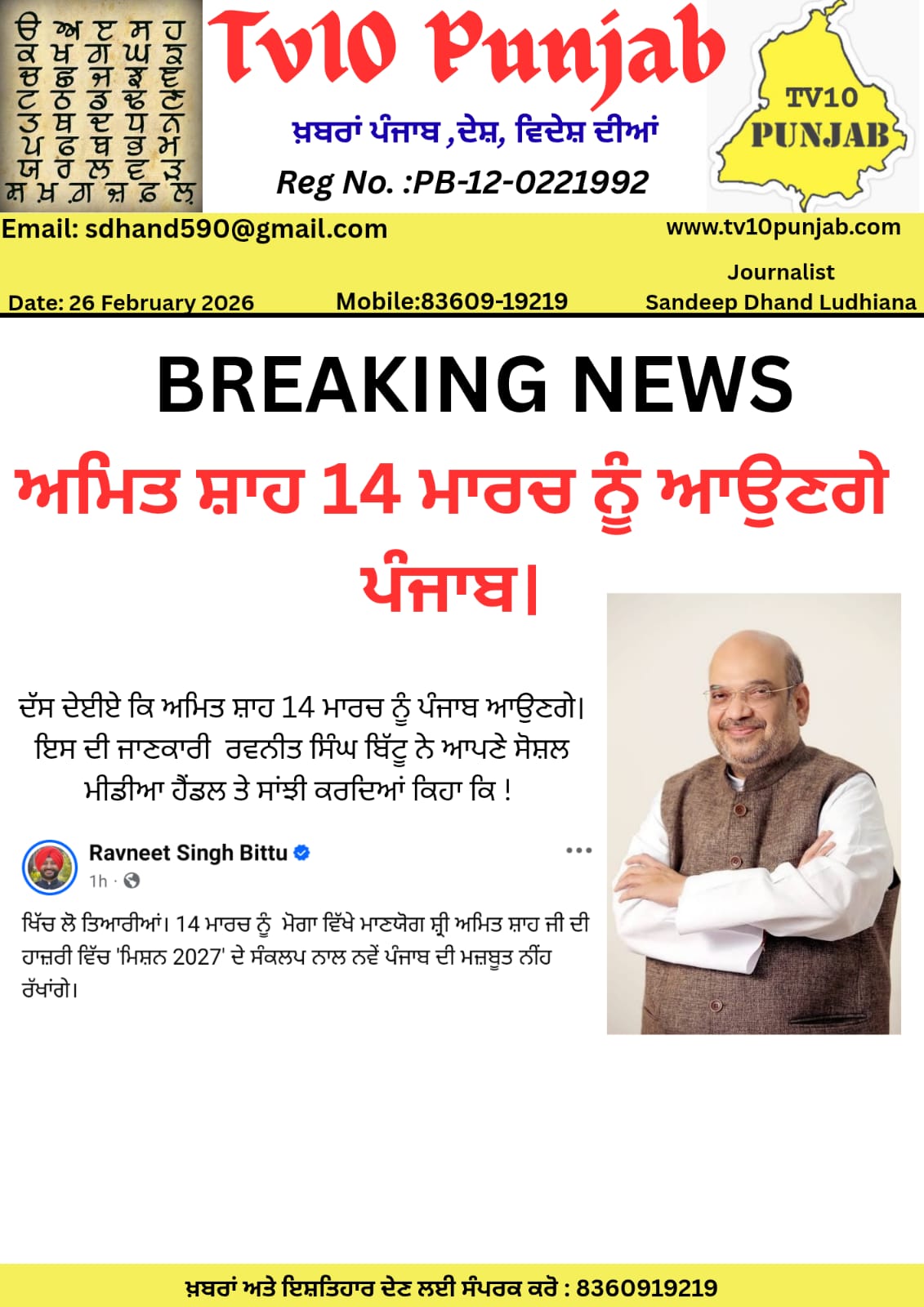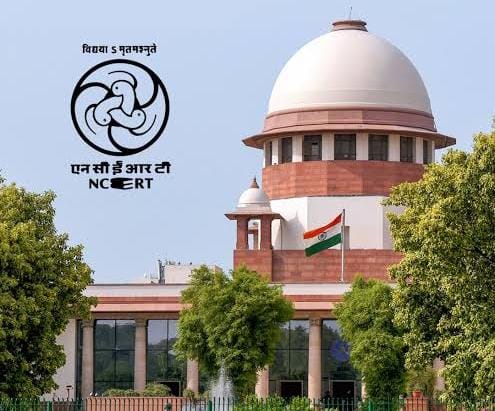
Satya Prakash
New Delhi, January 2
More than six years after the Centre demonetised the currency notes of Rs 1,000 and Rs 500 denomination, the Supreme Court on Monday upheld the decision to be valid and legal, saying merely because some citizens suffered hardships was not a ground to hold it bad in law.
Editorial: Note ban was valid
By a majority of 4:1, a five-judge Constitution Bench led by Justice S Abdul Nazeer declared that the November 8, 2016, decision didn’t suffer from any illegality and courts couldn’t sit in judgment over such matters of economic policy.
“It is more than settled that the court gives a large leeway to the executive and the legislature in matters of economic policy,” said the majority judgment by Justice Nazeer, Justice BR Gavai, Justice AS Bopanna and Justice V Ramasubramanian. However, the fifth judge on the Bench, Justice BV Nagarathna, delivered a dissenting verdict as she found fault with the process of demonetisation. “It is not the function of this court or of any other court to sit in judgment over such matters of economic policy and they must necessarily be left to the government of the day to decide since in such matters with regard to the prediction of ultimate results, even the experts can seriously err and doubtlessly differ. The courts can certainly not be expected to decide these without even the aid of experts,” it said.
Justice Nazeer is scheduled to retire on January 4, 2023. Pronouncing the judgment for the majority, Justice Gavai said the decision could not be faulted as there was consultation between the RBI and the government even as he said the petitions should be placed before an appropriate Bench by the CJI to examine certain contentions that were left open.
The Centre had defended demonetisation, saying it was a major step to fight “the menace of fake currency notes, storage of unaccounted wealth, and financing of subversive activities”.
Dismissing 58 petitions, the majority declared that the notification dated November 8, 2016, was valid.
The top court also rejected the suggestion to frame a scheme and provide a window for a limited period to enable citizens having genuine reasons to exchange demonetised notes, saying it would not be appropriate for it to do so in the absence of any expertise in economic, monetary and fiscal matters to frame such a scheme.
“In our view, it will be encroaching upon the areas reserved for the experts. If the Central Government finds that there exists any such class of persons and there are any reasons for extending the benefit under Section 4 of the 2017 Act (The Specified Bank Notes (Cessation of Liabilities) Act, 2017), it is within its discretion to do sohellip; it cannot be done by a judicial mandate,” the majority verdict said.
The top court also rejected the petitioners’ argument that the decision was taken in a hasty manner. It rejected the argument that the right to property was sought to be taken away, saying it was without substance.
Vitiated, unlawful, parl can’t be left aloof
DeMo was vitiated… notification issued was unlawfulhellip; Parliament can’t be left aloof in a matter of such importance and its views on the subject of demonetisation were critical and of utmost importance. — Justice BV Nagarathna
Not much scope for review: Majority view
Scope for judicial review in matters of economic policy is narrow and there has to be great restraint.
Note ban decision had a reasonable nexus with its objectives, such as eradicating black money, terror funding, etc… it is not relevant if objectives were achieved or not.
It can’t be said there was no conscious, effective and purposeful consultation (between govt and RBI).
Justices SA Nazeer, BR Gavai, AS Bopanna and V Ramasubramanian



